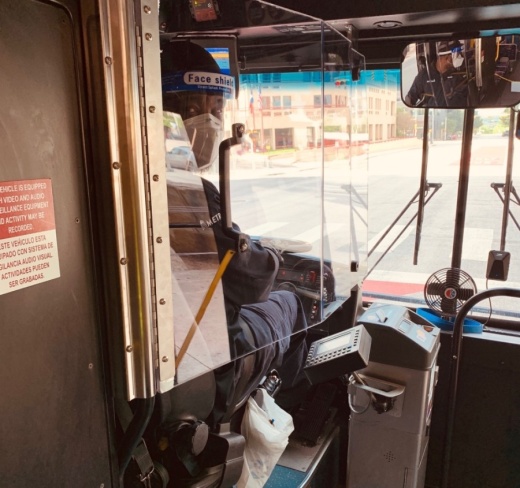The public transportation agency receives about 80% of its revenue from the 1% sales tax levied by members of its service area. Projected revenue for the last budget, adopted in the fall, was $265.7 million, but as local businesses struggle, residents stay home and consumer spending drops due to the effects of the coronavirus, those revenues are plummeting.
The city of Austin reported a 19.9% drop in April sales tax revenue, which was released June 10 by the state comptroller’s office—nosediving from $20.35 million in April 2019 to $16.3 million in April 2020.
It is unclear how businesses will recover and where the sales tax revenue will end up for Capital Metro, according to Chief Financial Officer Reinet Marneweck, who gave a presentation to the board of directors June 22. She said staff are preparing budget best- and worst-case scenarios that could provide anywhere from $245.1 million to $264.4 million in sales tax revenue for the next budget.
“It’s very important to be flexible and proceed with caution until the pandemic is over,” Marneweck said.
Next month, Capital Metro staff will present a budget proposal to the board. After a public outreach and feedback process through August, the board will then consider the budget for adoption Sept. 28.
Marneweck said staff is actually working on two different budget proposals. One, which they plan to present to the board, will assume the economy stays in its current recession. That means the budget will be flat from last year's version; will include no raises for Capital Metro staff; and will set aside some capital projects, including the planned conversion of commuter buses from diesel to electric fuel. Commuter buses—or MetroExpress routes—provide service from outlying areas such as North Austin into downtown.
The second budget scenario will be based on a more rapid economic recovery than the first. If that comes to pass and revenue exceeds projections, staff will go to the board at a later time with requests such as staff raises, Marneweck said.
Fares provide about 7% of Capital Metro’s revenue annually, and Marneweck said increasing fares will not be on the table, “considering the economy is currently in a recession and we have high unemployment.”
To help fill the gap caused mostly by falling sales tax revenue, Capital Metro received a $102 million grant in May from the federal government.
"It is 100% to keep the lights on,” Capital Metro President and CEO Randy Clarke said in April. “Without it, transit across this country would be decimated."
Marneweck said the agency will likely draw down the federal grant money by the end of the year, and it has allowed Capital Metro to maintain its reserve funds intact.





